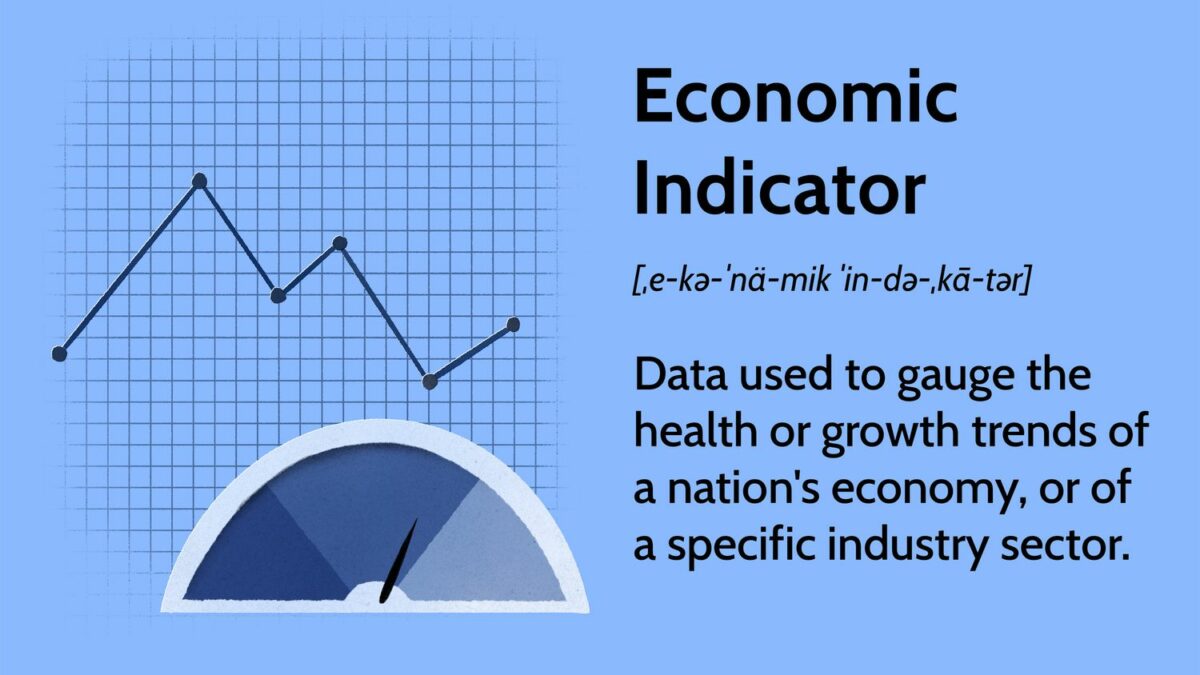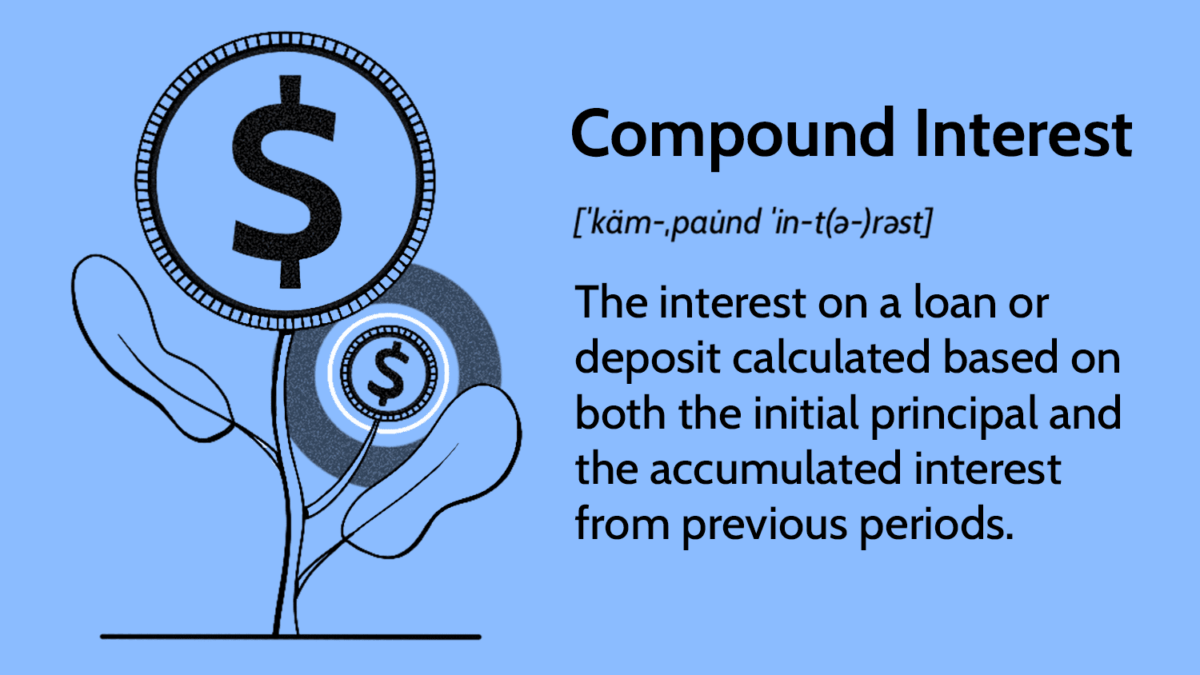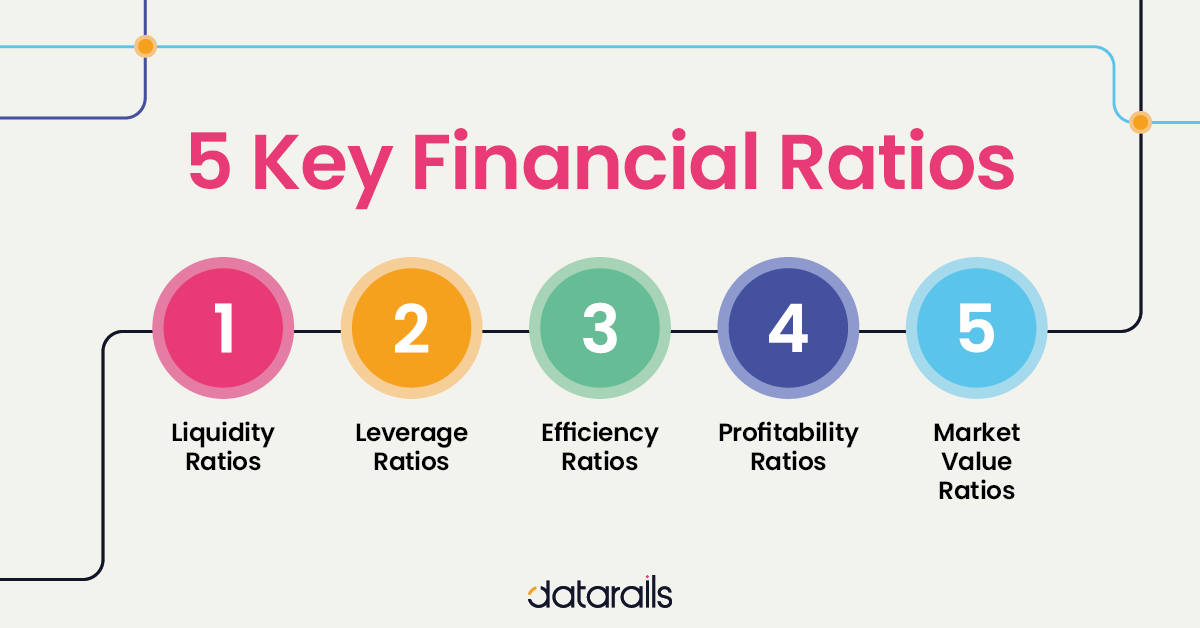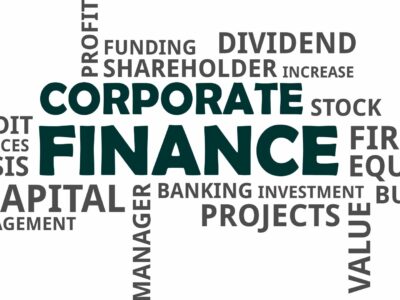
Venture capital (VC) is a type of private equity financing that is provided to early-stage, high-growth companies that are deemed to have high potential for future growth. VC firms typically invest in companies that are in the seed, startup, or early-stage growth phases. In exchange for their investment, VC firms typically receive convertible preferred stock or common stock in the company.
VC firms typically invest in companies that have the potential to generate significant returns. They look for companies that have a strong management team, a unique product or service, and a large addressable market. VC firms also typically invest in companies that are in industries that are undergoing rapid change, such as technology or healthcare.
The VC process typically begins with a company submitting a business plan to a VC firm. The VC firm will then conduct due diligence on the company, which includes reviewing the company’s financial statements, talking to the company’s management team, and meeting with the company’s customers and suppliers. If the VC firm is satisfied with the company, it will make an investment.
The amount of money that a VC firm invests in a company varies depending on the stage of the company and the size of the VC firm. Seed-stage companies typically receive investments of $1 million to $5 million, while early-stage growth companies typically receive investments of $5 million to $20 million.
VC firms typically provide their investments in the form of convertible preferred stock. Convertible preferred stock is a type of equity that can be converted into common stock at a later date. This gives the VC firm the option to convert its investment into common stock if the company’s stock price increases significantly.
VC firms typically take an active role in the management of the companies they invest in. They provide advice and guidance to the company’s management team, and they may also help the company to raise additional capital. VC firms typically expect to exit their investments within 5 to 7 years. They do this by selling their shares in the company to a strategic buyer, such as a larger company in the same industry, or by taking the company public through an initial public offering (IPO).
VC firms play an important role in the innovation economy. They provide the capital that early-stage companies need to grow and develop. VC firms also help to create jobs and economic growth.
Here are some of the benefits of venture capital:
- Access to capital: VC firms provide early-stage companies with access to capital that they would not otherwise be able to obtain. This capital can be used to fund research and development, hire new employees, and expand into new markets.
- Expertise and guidance: VC firms have a wealth of experience in the startup world. They can provide early-stage companies with guidance on business strategy, marketing, and fundraising.
- Network: VC firms have a large network of contacts in the business world. This network can be invaluable for early-stage companies that are looking to make new connections or raise additional capital.
Here are some of the risks of venture capital:
- Loss of control: When a company accepts venture capital, it gives up some control to the VC firm. This can be a problem if the VC firm has different ideas about how the company should be run.
- Dilution: When a company accepts venture capital, the VC firm typically receives shares in the company. This can dilute the ownership of the company’s founders and early investors.
- Failure: Not all startups are successful. If a startup fails, the VC firm may lose its investment.
Overall, venture capital can be a valuable source of financing for early-stage companies. However, it is important to weigh the risks and benefits before accepting venture capital.




